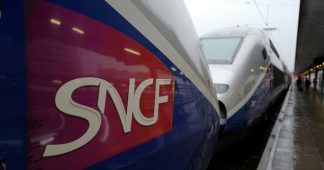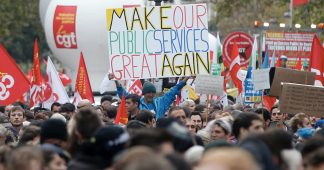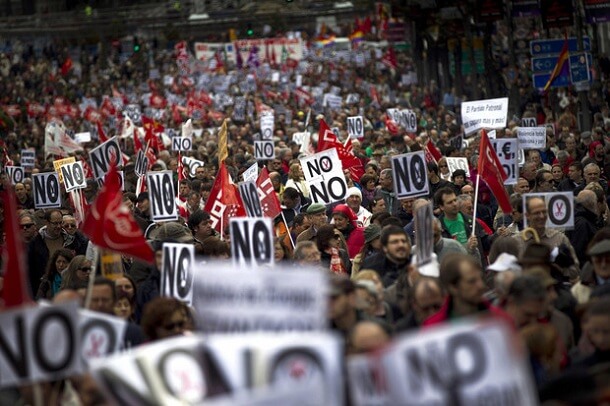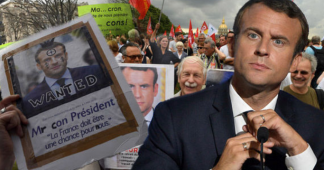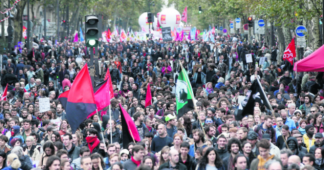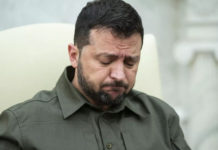The proposed reforms against which the railway-workers are striking, are not only anti-workers but also anti-passengers.
April 6, 2018
The rail workers’ strike, which rocked France on April 3-4, is only a prelude to the wave of unrest that is likely to sweep the country over the coming months. In addition to the rail workers, who plan a series of rolling strikes, energy workers and students too are likely to go on the offensive against the series of anti-labour reforms Emmanuel Macron’s government has been undertaking. The latest is an attempt to remove the special status of railway employees and to take the first step towards privatization of railways.
While some train lines remained totally closed, one in eight high speed trains (TGVs), one in five regional trains and a fourth of suburban rails in Paris ran as usual. All trains plying between France and Switzerland, Italy and Spain were cancelled. Only half of the Eurostar trains connecting France and the U.K. were operational. Air traffic was also disrupted as Air France workers staged a walkout on Tuesday, demanding a 6% hike in their pay, which has remained unchanged since 2011.
All the major trade unions – the CGT, CFDT, SUD-rail and UNSA – backed the strike, which saw the participation of around 51,000 employees of SNCF (the state-owned national railways). The striking employees included 77% of conductors and 48% of employees regarded as “indispensable to the circulation of trains”.
Read more at http://www.thedawn-news.org/2018/04/06/the-fight-of-french-railway-workers-is-also-a-fight-for-railway-passengers/
France’s spring strikes: 4 key questions
French President Emmanuel Macron barely said a word about the national railway company during his 2017 election campaign.
Yet he is facing the biggest test of his presidency so far in a strike called by rail unions against his plans to liberalize the sector and modernize the state-owned railway firm SNCF.
Opening passenger rail transport to competition is required by Brussels and France can’t procrastinate any longer. And it is precisely because foreign operators will be able to offer their own high-speed connections within France that SNCF has to adjust.
But this is one of the last strongholds of France’s once-powerful unions, and their leaders seem determined to make the most of it.
Read more at https://www.politico.eu/article/france-railway-strike-snch-4-key-questions-emmanuel-macron-big-test/
